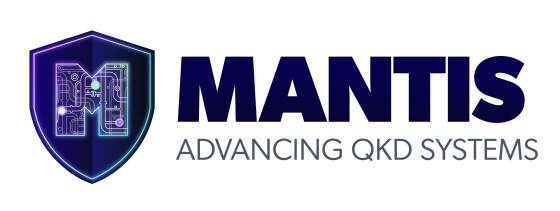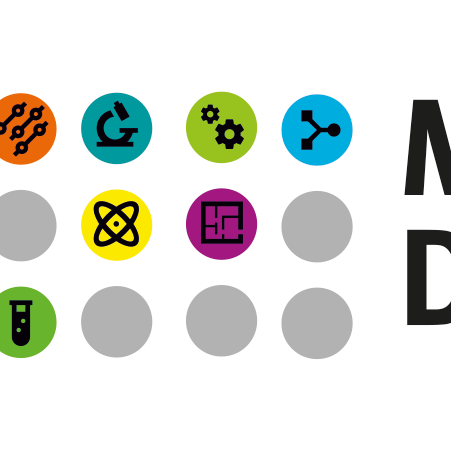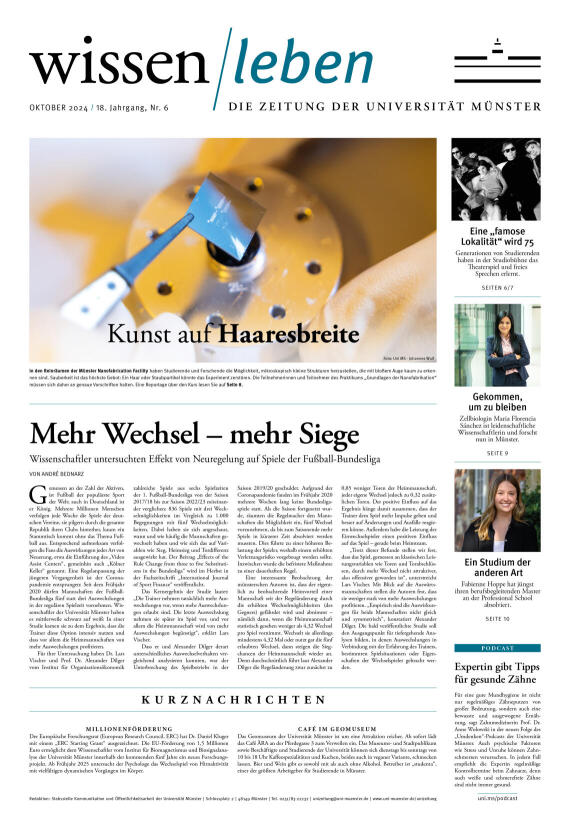

Frederik’s Research Expedition to Kyushu University in Japan

From October to December 2024, our Master’s student Frederik van Schoonhoven visited our collaborator Prof. Dr. Hiroaki Yoshioka’s laboratory at Kyushu University in Fukuoka, Japan, where he conducted substantial experimental parts of his thesis, which he works on as a joint project between both groups. Frederik returned with overwhelmingly positive experiences and memories, as well as lots of data and ideas. Prof. Yoshioka shares the laboratory with Prof. Dr. Yuji Oki and Prof. Dr. Naoya Tate, and Frederik expresses his deep gratitude to all members and students of the three groups, who welcomed him, offered their help and support when needed, contributing to a successful collaborative work. At the end of November, Frederik also took part in a 3-day trip to Kyoto, participating at a research seminar of the CREST’s Topology project and the 591st Research Meeting of the Laser Society of Japan on Organic Coherent Photonics. Despite the tight schedule, he also found some time to visit the Kyushu University Festival (Kyudaisai) and Fukuoka’s shinto shrine Dazaifu Tenmangu.

ACS Photonics Cover Spotlights Our Collaborative Research with Prof. Yoshioka on Microring Lasers

Congratulations to Connor for Winning the Nano Image Contest!

Frag Sophie! spotlights Quantum Research
Breaking the Guinness World Record for the Smallest QR Code!
Fotos

Congratulations to Prof. Dr. Carsten Schuck, David Lemli, Tim Buskasper and Lukas Schulte for breaking the Guinness World Record (GWR) for the Smallest QR Code! The tiny QR code, spanning only 5.38 square micrometres, is seven times smaller than a human red blood cell and about 20 times smaller than the previous world record. It was fabricated to promote the cleanroom lab course Foundations of Nanofabrication, part of our teaching program, and aims to inspire interest in nanofabrication among physics students.
This impressive achievement was made possible through the efforts of our research group, in partnership with the Münster Nanofabrication Facility (MNF), which, as part of the University of Münster, provides students with access to cutting-edge nanotechnology.
We would like to thank Hitachi High-Tech Europe GmbH in Krefeld, for serving as an independent surveyor to ensure unbiased measurement of the QR code following GWR guidelines.
The media coverage of our Guinness World Record for the smallest QR code has been extraordinary, with widespread attention from various outlets. Highlights include articles and features by Tagesschau, ARD Mediathek - Lokalzeit Münsterland, BILD, Computer Bild, Antenne Münster, Stern, Westfälische Nachrichten, Münstersche Zeitung, and the University of Münster Press Office.

PhD position available


Qu-PIC 1st Consortium Meeting
The Münster team presented David's progress with integrating SNSPDs on Al2O3 waveguides at the Qu-PIC consortium meeting in Berlin on 11-12 September 2024. This two-day event at Technische Universität Berlin brought together key academic and industry partners to advance photonic integrated circuits for quantum technologies in Europe. The consortium aims to establish a robust European supply chain for future quantum systems.
Academic partners:
University of Twente, Ghent University, University of Münster, Chalmers University of Technology, Technische Universität Berlin, Physikalisch-Technische Bundesanstalt (PTB)
Industry partners:
QuiX Quantum, Tematys, TOPTICA Photonics, TOPTICA EAGLEYARD, ALUVIA, VLC Photonics (Hitachi Group)

Preventing Cyberattacks on Critical Infrastructure

QT.Roadmapping

Photonics West 2024

AGPP Teaching Award

Quantum-based Energy Grids

Photo-Chemical Activation Functions for Neural Networks

European Quantum Technologies Conference 2023

November 7th is MNF-Day!

Join us on the MultiQomm-project

Visiting Andrea Benigni at FZJ

Welcome Celeste!

Welcome Ekaterina and Hamed!

ZfW - Workshop on Artificial Intelligence

DPG - Spring Meetings

DPG - Spring Meetings

EIN Quantum NRW

International Day of Women and Girls in Science

U Twente - WWU Münster Collaboration Grant

Quantum Communication Development Environment










